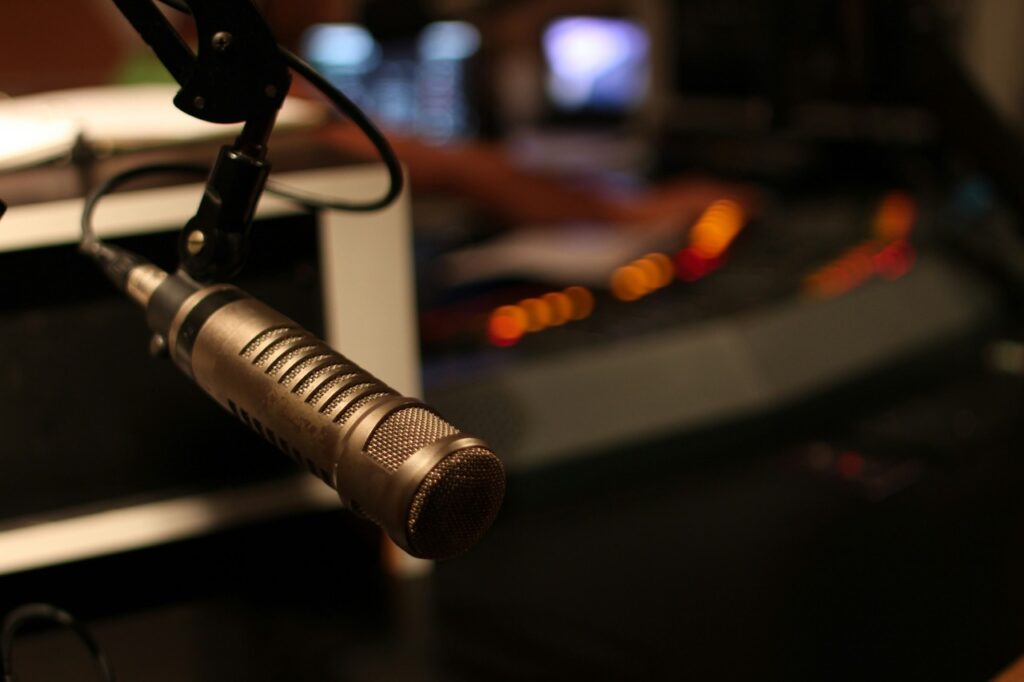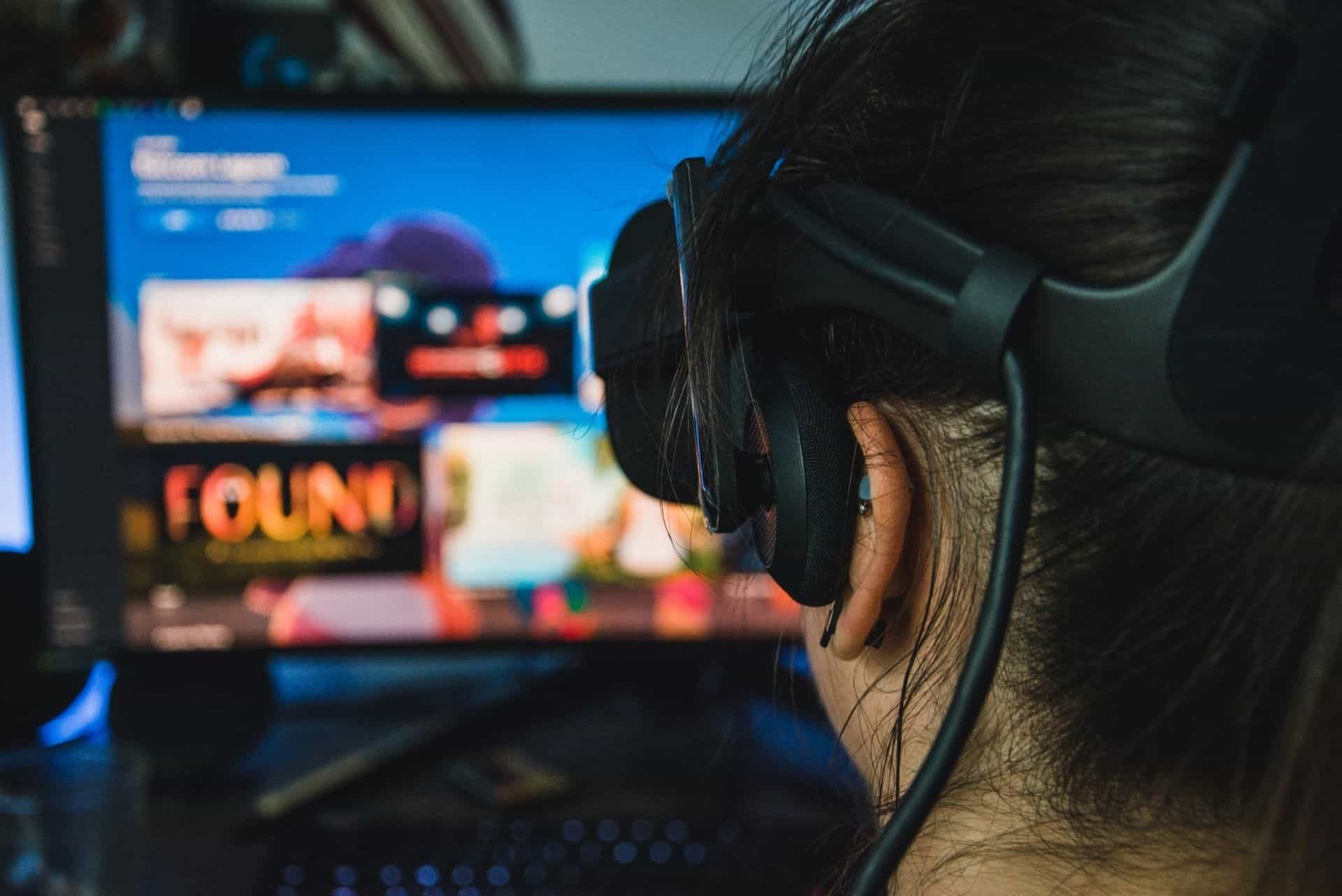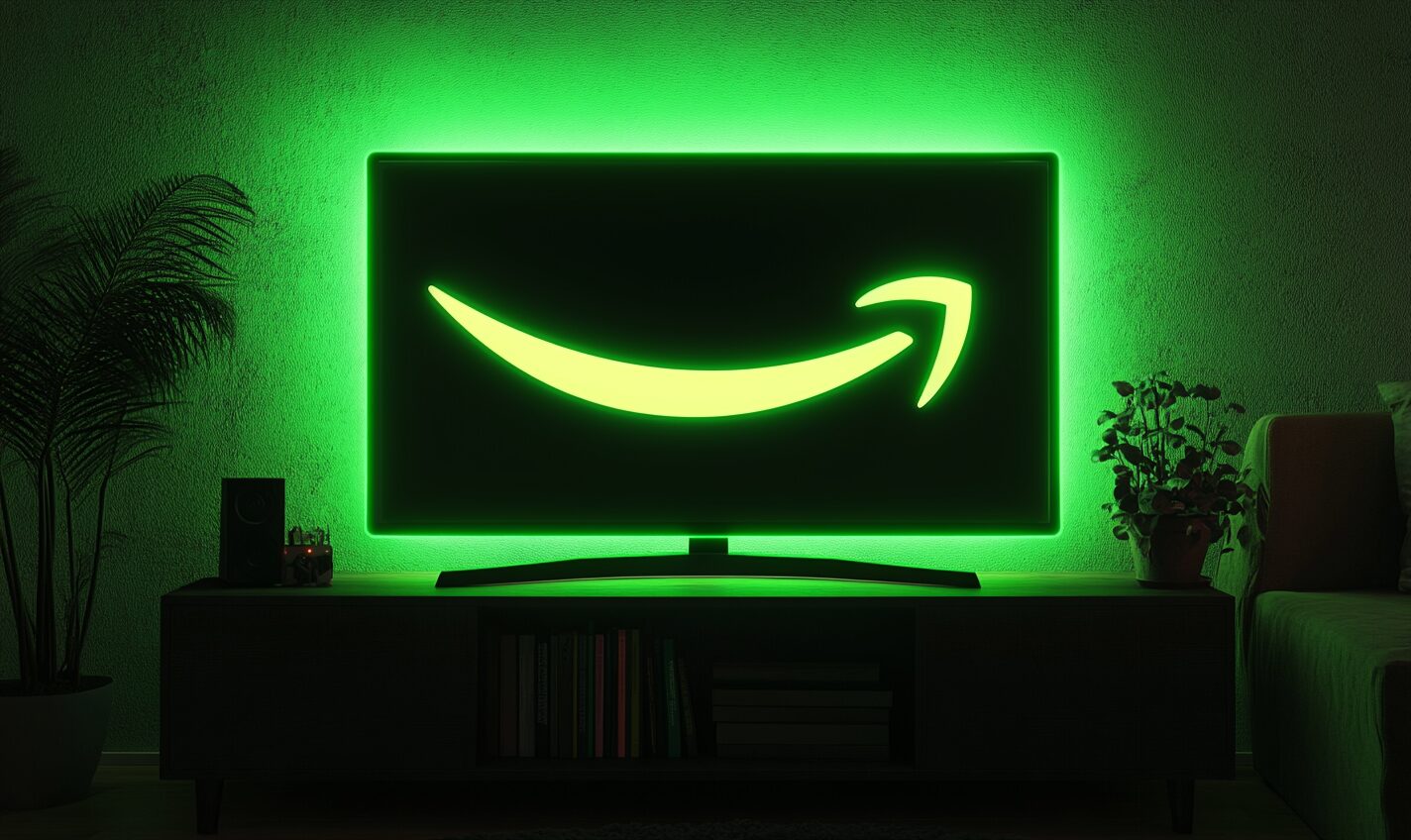Alison Klayman’s documentary covers dark subject matter. However, viewing it through the lens of the laid-back artist and political activist Ai Weiwei, it takes on a delightfully mischievous tone. Ai Weiwei: Never Sorry offers a glimpse into the life of China’s most interesting man.
Cats and Assassins
Pet cats surround Ai in the opening shot. His flair for philosophy is quickly apparent when he remarks, “The biggest difference between people and cats is that cats will open the door, but they never close it behind them.”
When it comes to bringing his artistic vision to life, Ai prefers to have other people implement his ideas. One assistant compares himself to a hitman, saying that Weiwei simply pays him to get things done and he doesn’t ask questions — we see Ai’s acolytes carving wooden sculptures in a large studio, which the Chinese government will later demolish.
Ai Weiwei’s Philosophy
Like a splash of cold water, Ai’s art seeks to shock people into awakening. He directly and aggressively criticizes the Communist government, presenting a strong-willed persona in the face of authority.
Ai Weiwei: Never Sorry showcases the artist’s serene resoluteness. In one shot, he gently takes a piece of melon from his toddler, letting the boy feed him. It’s a touching moment, especially when comparing it to the context of Ai’s own relationship with his father. Ai’s father faced imprisonment and was sent to a forced labor camp for opposing the Chinese Nationalist Party.
Ai’s artwork represents liberty and individuality, and advocates for judicial thinking. His 2009 Remembering piece consisted of 9,000 backpacks hanging on a wall, representing the thousands of children who died in the 2008 Sichuan earthquake due to the shoddy construction of their schools.
The government refused to acknowledge the children’s deaths, so Ai took the matters into his own hands. The backpacks were arranged in the shape of the phrase: “She lived happily for seven years in this world.”
The documentary also covers his 2010 Sunflower Seeds installation, which represents optimism in hard times and features 100 million porcelain seeds. The sheer number of seeds becomes all the more impressive when he explains that they’re individually handcrafted and painted.
Resilient Resistance
In one shot, Ai tweets from the hospital bed where he recovers from brain surgery after the police severely beat him. To his followers, Ai’s injuries are physical proof of the authoritarian state he’s trying to fight.
Klayman, too, embodies the same unflinching spirit, documenting Ai’s interactions with police via close-up camera shots many people wouldn’t dare to capture. China has a history of detaining and arresting dissident artists, and Ai is no exception — Klayman records him right up until the authorities take him into custody.
Upon release from his 81 days in detention, Ai is uncharacteristically quiet, and it seems for a moment that the government has finally silenced him. Klayman records him walking into his apartment, much thinner than before, and then he shuts the door on everyone.
But it doesn’t take long before he’s back in action.
A Timeless Movie
Ai Weiwei: Never Sorry is just as pertinent today as it was 10 years ago. China still struggles under an authoritarian state, and the government forces non-compliant people into submission. Ai Weiwei — and the documentary covering his story — emerges like a beacon through the darkness of China’s communist regime.
Recent Stories
Follow Us On
Get the latest tech stories and news in seconds!
Sign up for our newsletter below to receive updates about technology trends




